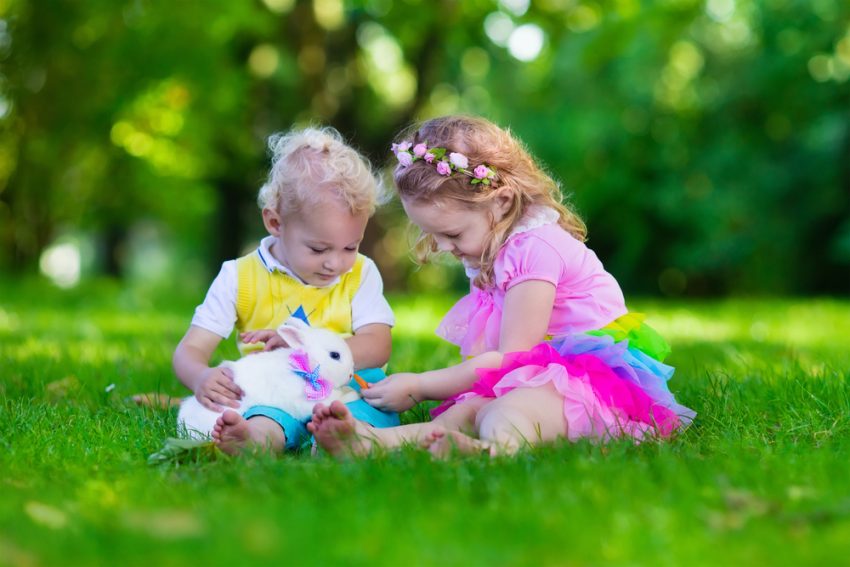One of the most consistent worries that I heard from both parents and teachers when I was a guidance counsellor was that this generation of children can sometimes be cynical, entitled, egocentric beings who seem to be amazingly ungrateful for all that is done for them. You may have seen it or felt it yourself (maybe even within your own family).
We’ve all met kids who feel entitled to have everything their way and expect things to be provided for them on a silver platter without rolling up their sleeves and putting in any effort. This can be incredibly frustrating for parents who are trying to raise happy, healthy kids and give them every opportunity they can, and yet feel like their kids aren’t thankful for the things they are given.
With the overwhelming abundance of opportunities, material possessions and privileges the majority of kids in the Western World enjoy, it is not hard to see why so many of them end up feeling entitled. We live in a society where materialism and commercialism are pervasive themes and the messages our kids received from the media and friends can be irresistible at this time of the year.
All parents hope they’re raising grateful kids, then Christmas comes around and suddenly even the most well-mannered child starts to show signs of entitlement. But don’t despair gratitude, and having a grateful disposition, is something that can be learned and developed throughout life. As parents, we need to consciously create situations, routines and habits that cultivate gratitude in our children, so that it becomes a regular part of their daily lives.
Here are three ways to move your children’s focus away from getting and towards the true spirit of Christmas.
- Encourage your kids to be involved with gift giving
Let them make or choose presents for their teachers, babysitters, grandparents or other important people in their lives. When they are involved in the process of selecting, wrapping and giving gifts they will experience the joy and satisfaction that comes from giving rather than just receiving.
- Donate to a charity this Christmas
Encourage your kids to think beyond their own wants and needs by donating or volunteering. In our family, we make it a habit once a year to go through all of our things and set aside toys, clothing, sporting goods and anything else that’s in good condition that we don’t use anymore. We also go to the store and select toys or other gifts for families less fortunate at Christmas time. We then make a time to deliver the items to a deserving charity or non-profit organisation together. They are always grateful for basic necessities, food and gifts to give to those in need.
- Focus on family traditions
Many families have rituals acknowledging the things they are grateful for, especially at Christmas time. Often it is these family traditions that give Christmas such meaning in our lives. Incorporate as many traditions into your Christmas celebrations as possible to take the emphasis off gifts and give your children a more meaningful perspective about the holiday season.
One of the most powerful antidotes we have, to combat entitlement is gratitude, which can be learned and developed just like we develop our muscles. Over 25 years of research by Robert Emmons has shown that consistently practising gratitude decreases a person’s sense of entitlement and privilege and significantly contributes to our positive mental health and wellbeing, which is exactly what all of us would want to give our kids this Christmas.









